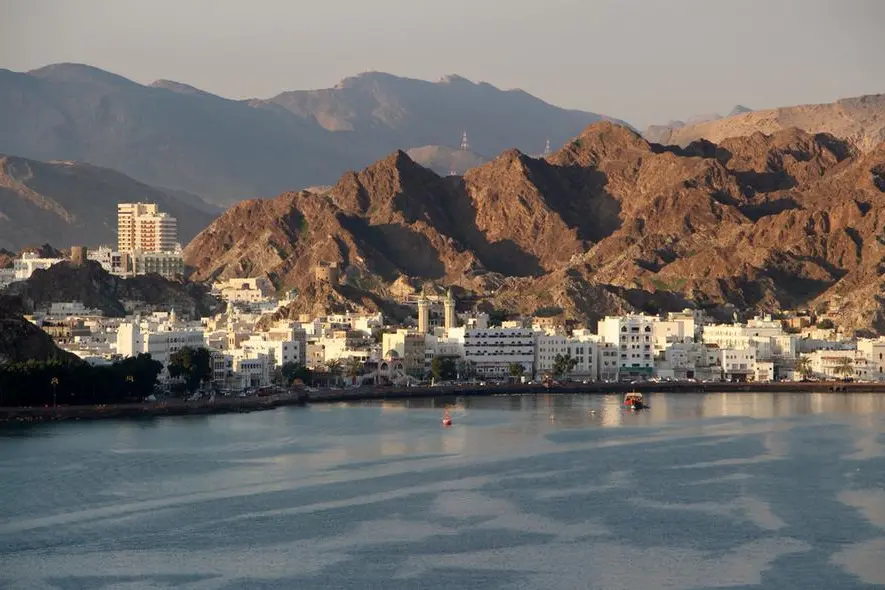PHOTO
Muscat – Inflationary pressures in Oman and other GCC countries remained low during the first half of 2024, underpinned by a strong US dollar, subdued import prices, and continued subsidy policies of the region’s governments.
The growth of the consumer price index (CPI) in the GCC remained low and hovered around the 3.0% year-on-year level despite persistent geopolitical instability in the greater MENA region and the Caucasus due to the war in Gaza and the Russia-Ukraine conflict, Kamco Investment noted in a research note.
Among the six GCC countries, Oman reported the lowest average year-on-year growth in inflation during the first half of 2024. Oman’s inflation rate in May 2024 was 0.9%, compared to 0.4% growth in April 2024. The sultanate’s annual inflation rate further decreased to 0.7% in June 2024.
Comparatively, Dubai witnessed the biggest inflation increase in the GCC during May 2024, reporting a growth of 3.8% year-on-year during the month compared to 3.9% in April 2024. Kuwait reported 3.2% inflation growth during May 2024, while the remaining three countries of the GCC reported monthly inflation growth of less than 2.5% during the month (Saudi Arabia at 1.6%, Bahrain at 2.5%, and Qatar at 0.9%). Inflation data for June 2024 published by Saudi Arabia showed a year-on-year increase of 1.5%.
At the global level, inflation was seen falling faster than expected in most regions. According to the IMF, the global inflation rate is expected to decline to 5.8% in 2024, down from 6.8% in 2023. The June 2024 CPI in the US registered a year-on-year increase of 3.0%.
Similarly, the Eurozone inflation rate is also on a downward trajectory since its peak at 10.6% in October 2022. The Eurozone inflation rate witnessed a 2.5% year-on-year growth in June 2024.
The International Monetary Fund (IMF) recently warned that inflation in major economies has been declining slower than anticipated, complicating monetary policy normalization. The IMF projects GCC inflation to average 2.2% in 2024 and 2.1% in 2025.
‘Oman has successfully implemented measures to control inflation, including initiatives to stabilise fuel prices and support for basic foodstuffs,’ Kamco Investment said.
According to the World Bank, inflation in the sultanate is projected to converge to 2% over the medium term.
The data from Oman’s National Centre for Statistics and Information (NCSI) for June 2024 showed an increase in the price of food items and non-alcoholic beverages by 3.8%, goods and services by 3.3%, health by 2.4%, culture and entertainment by 0.5%, restaurants and hotels by 0.4%, tobacco by 0.2%, and garments and shoes by 0.1%.
The prices of transport decreased by 2%, education by 0.4%, furniture, home supplies, and appliances and regular maintenance works of houses by 0.2%, and communication by 0.1%, with stable prices for housing, water, electricity, gas, and other fuels.
© Apex Press and Publishing Provided by SyndiGate Media Inc. (Syndigate.info).





















